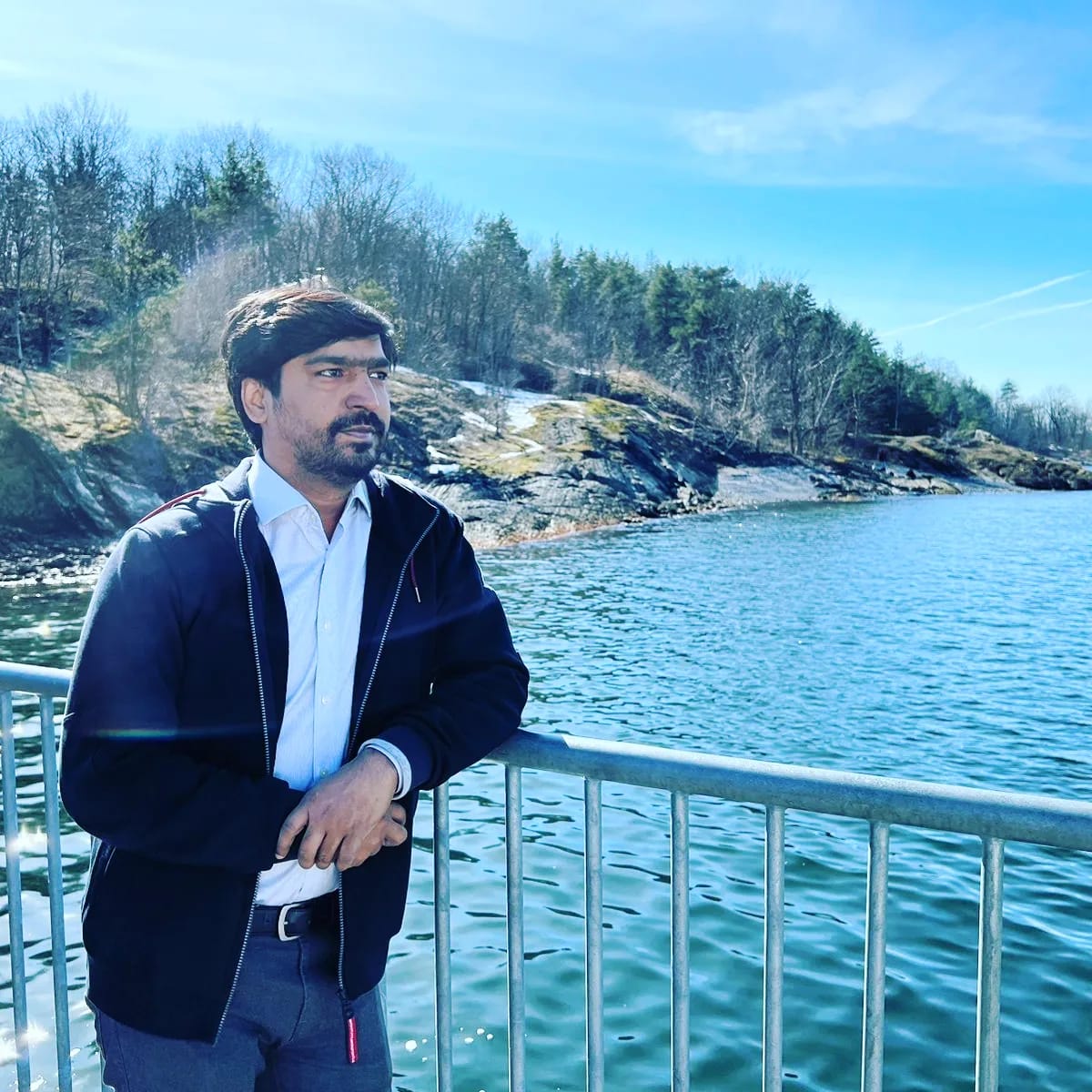About me

Academic qualifications and experience

Research
Waqar Ali Shah’s doctoral research contributes to Critical Discourse Studies (CDS) as a broader field. He examines how school textbooks and curricula embody conflicting discourses that shape learners’ contested subject positions in language classes. In addition, he also explores teachers’ engagement with the learners and teaching materials in socially and epistemologically diverse classrooms. This leads him to understand teacher agency as well as academic conformity in educational spaces, more specifically in second/foreign language education. He believes in a theoretical dialogue between the Southern and Northern traditions in Critical Discourse Studies drawing on Marxist-based CDA, post-structuralism, southern feminism, and decolonial scholarship. He is interested in a range of topics, such as constitution of national identities, Otherisation, gendered subjectivities, coloniality, neoliberalism, and religious discourses in textbooks, curricula and language education.
In addition to his doctoral research, he has worked on various critical issues in language education, more particularly critical language pedagogy, colonial and neoliberal influences on language education, such as outcome-based education, and how global ELT programs perpetuate colonial and neoliberal logics through English language teaching (ELT), translanguaging, and issues in higher education. Waqar Ali Shah has been a reviewer for several peer-reviewed international and local journals, including Applied Linguistics (Oxford), TESOL Quarterly (Wiley), Linguistics and Education (Elsevier), Research Evaluation (Oxford), Pedagogy, Culture and Society (Taylor and Francis), BMC Medical Education (Springer Nature), Accountability in Research (Taylor and Francis), International Journal of Educational Research Open (Elsevier), Apples – Journal of Applied Language Studies (Finland), Ikala – Magazine of language and culture , Contemporary Journal of Poetics (Pakistan) and Sindh Journal of Linguistics (Pakistan). Moreover, he has an editorial secretary of Apples – Journal of Applied Language Studies (Finland) since January 2023. In addition, he has supervised several master’s theses on critical issues in applied linguistics, more particularly related to critical language pedagogy, neoliberal interventions in language textbooks, and others.

The core responsibility of an academic in the present times is not merely to confront ideological orthodoxies through intellectual verbosity, but also to engage in a critical praxis on pedagogical and policy fronts to transform oppressive realities.

